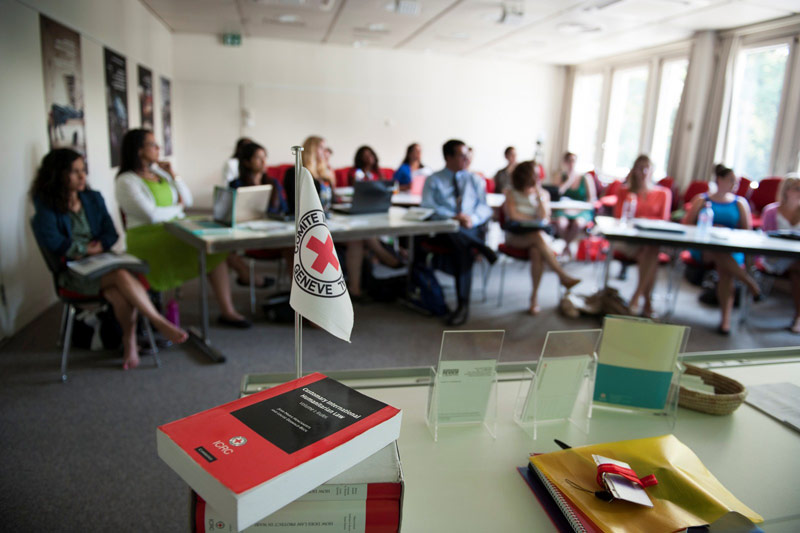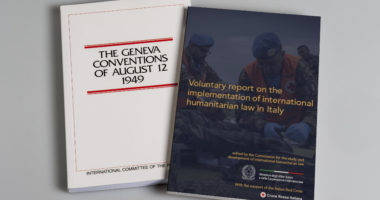Universities can help enhance respect for the impartial and safe provision of health care in conflicts and other emergencies. To assist them in teaching legal issues linked to health care, the ICRC has designed a half-day workshop combining video, presentations, group work and discussion.
The workshop enables students and teachers of law to address the legal issues linked to health care in conflicts and other emergencies. It focuses on international rules, the importance of respecting international humanitarian law and medical ethics, with the aim of ensuring respect for medical care in critical situations.
You can download the workshop materials via the links below:
Presentation (PowerPoint)
Health care in danger: The human cost – Video
The four-hour workshop is divided into two parts:
- An interactive presentation with quiz sessions.
- Group work using real cases taken from the IHL study reference “How does law protect in war?”
This approach aims to mobilize teachers and students by having them apply the law to concrete facts.
Questions include the following:
- “Is a doctor obliged to disclose information about patients or report bullet wounds to the authorities?”
- “Can terrorists be deprived of health care?”
- “Can denial of access to health care constitute a grave breach under IHL?”
Students also have the opportunity to debate such issues, and look for solutions together.
“I definitely enjoyed the real-life situations. When you apply IHL to something which has actually affected many people, it has more impact on me as a student.”
– Marcia Mackie, student from the Academy on Human Rights and Humanitarian Law, American University.
The workshop contains all the material that lecturers need in order to incorporate the issue into a course, and the material is also suitable for use at conferences or panel discussions in their universities.





Comments